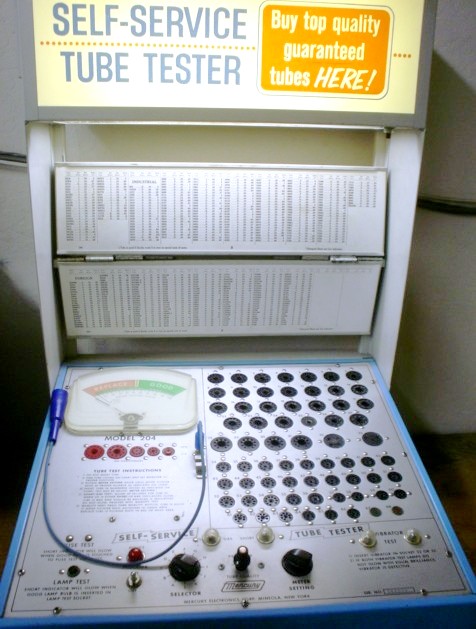With Apple's announcement of the new Mac Book Pro, the interwebs had to find something to fret about and it appears that repair and upgradability is the new hobby horse for pundits to ride.
Kyle Wiens of ifixit wrote a good opinion story on the new Mac Book Pro.
I can't disagree with what he wrote, it's completely accurate. But he's completely wrong that it's a problem.
ZDNet, MSNBC, and CNET have all jumped on the FUD bandwagon with the story.
Choo, choo, all aboard the Pundit Express to PageHitsVille!
Thanks to a lucky combination of good brain wiring, an electrical engineer father, and an understanding and patient wife, I do a lot of repair and fixing around the home. I've repaired everything from our house wiring, dish washers, dryers, ovens, lamps, clocks, to the assorted home electronics of friends and family. I build my desktop computer from scratch. I like fixing things. But it's a skill set that's in decline.
The decline is not due to some evil plan by manufacturers, it's due to the public desire for better products to appear regularly. The desire to buy good, low price, and reliable products that work out of the box is the driver for seeing the lack of 'fixability' in the new laptop line. And it's not a bad thing.
Back in the 70s, there were TV commercials for self repair of your television set. You picked up a set of stickers at the testing unit at the supermarket, went home, opened your TV, pulled out all the tubes using stickers to match sockets and vacuum tubes, took all the tubes to the tester, plugged them in until you found the bad one(s), and bought the replacement. Take everything home, replug all the tubes, and hope the problem went away.

Sounds a little crazy right? Driving around town with vacuum tubes and finding replacement parts at your local supermarket? It sounds quaint and fun, but trust me the whole process sucked. Such a thing is unthinkable these days.
Today's television experience is undeniably wonderful in comparison. No color drift, no warm up, no fine tuning, no horizontal and vertical lock, no buzzing, or any of the other symptoms commonly found with tube TVs. Today's TVs are also now nearly impossible for the average person to repair due to modern manufacturing techniques from surface mount soldering to sealed assemblies. Today's TVs are also better in every, single way than those from 20 years ago.
Most other technologies follow the same trajectories. I'm old enough that my first car had a carburetor and distribution cap, both of which had to be manually calibrated and was a huge pain in the ass. It took experience and skill to set them up properly. Today's cars have electronic fuel injection and ignition controlled by a computer in the car. It's exceedingly hard to tweak these things in the average car today. There is a sub-culture of 'tuner car' enthusiasts that rip out the standard car computer, replace it, and hack their performance to their heart's content.

But 99.999% of automobile owners will never consider such a thing. For the vast majority of people, cars have never been more reliable and easier to drive.
In both cases what we have today works better, is cheaper, and is far less of a headache to own than similar items in the past. And this is a VERY GOOD THING.
To meet the demands of today's consumer, modern manufacturing basically requires the very measures that the punditry is railing against. Fastening optimization, robotic soldering, minimization of variation, exacting tolerances, and made to order componentry are required to delivery great products.
To ask that every piece of modern electronics is designed to allow the tiny fraction of hackers to upgrade is the height of hubris, unreasonable, and a huge imposition on everyone else that has no desire to ever crack the case. All that 'upgradability' ends up making the product cost more and be more susceptible to failure. Catering to the fringe is not the way to make good products. Making the best product you can for a low price is the way to make good products, even if it means eliminating upgradability and home repair.
Hackers, hot rodders, and makers will always find a way to do what they want, but it shouldn't come at the expense of everyone else that simply wants a good, reliable product.
For internet pundits to prattle on about non-upgradability as a serious issue is the height of disinformation. Anyone that NEEDS more than 768 GIGABYTES of storage in a laptop is a huge exception case. Anyone that wants to replace their LCD panel at home is simply a masochist.
So settle down interwebs, relax, and enjoy the amazing time we live in that such products are available.